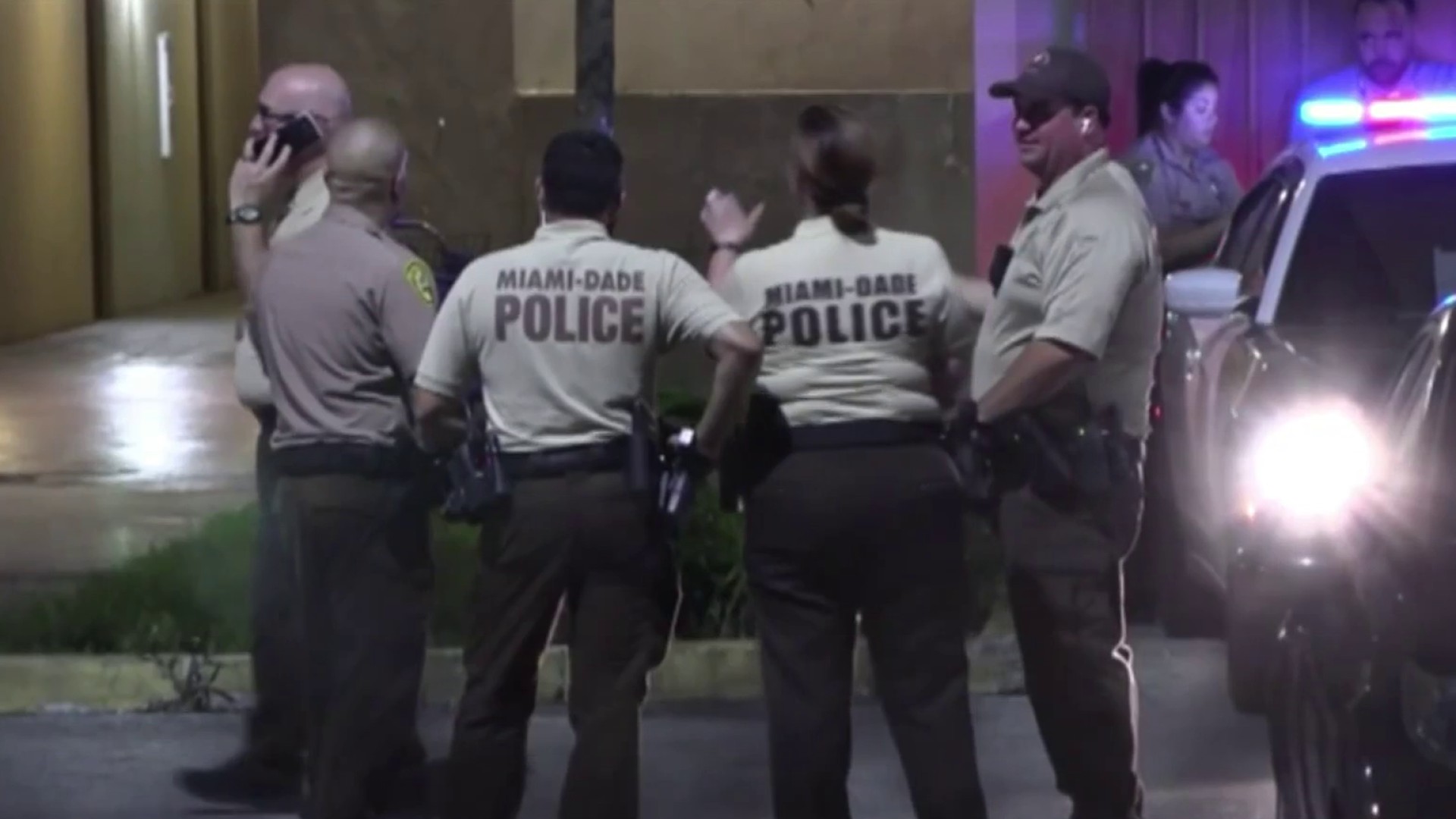Mouths are salivating, butter is melting and fishermen are dropping their traps as Florida's stone crab season officially began today.
Commercial fishermen are hoping this season will be a little better than last, which saw the harvest plummet 200,000 pounds from the prior year. Pricing for stone crabs was the lowest since 2001, with fishermen getting between $4 and $10 per pound, depending on the size.
Some trawlers, like Gary Graves with Keys Fisheries in Marathon, are optimistic about this year's catch.
"Last year we went through that first part of the recession, a lot of restaurants weren't buying stone crabs, weren't buying other seafood, so a lot of fishermen took the chance of not putting their traps in the water," Graves said. "This year we believe that all the fishermen have put their traps in the water, there's a little bit more optimism about selling the crabs."
Graves thinks a better economy and more tourism means everybody, from fisherman to consumer, will make out well this year.
"We see already some of the numbers with the tourism coming back to Florida, coming back to the Florida Keys, so we think there's gonna be a good supply of crabs, we think there's going to be a good price and we also think there's going to be plenty of tourists down here as well as the local people to eat them in the state of Florida."
Crab season lasts until mid-May, but don't think you can just jump in the water and start ripping claws. To catch stone crabs, you must have a Florida fishing license. There's a five trap maximum for harvesting crabs and bag limit of one gallon per person or one per vessel, whichever is less. The claws must measure 2 and 3/4 inches, and while you can take two claws, most fishermen take just one so that the crab has a fighting chance in the ocean while its missing claw regrows. No female crabs with eggs can be caught.
Local
Stone crabs are the state's only renewable seafood resource, according to Florida Fish and Wildlife Commission.



